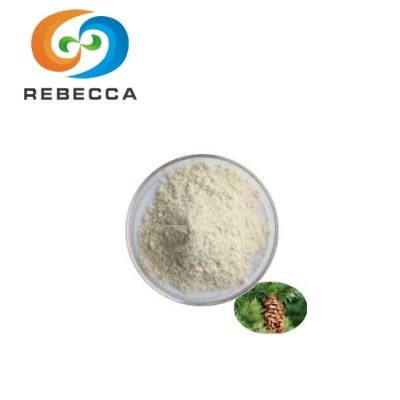How to use cooling agents in skin care?
Cooling agents for skin have revolutionized skincare routines, offering a refreshing approach to addressing various skin concerns. These innovative ingredients, such as menthol, peppermint oil, and nanoparticle-based formulations, provide immediate relief from discomfort while promoting long-term skin health.
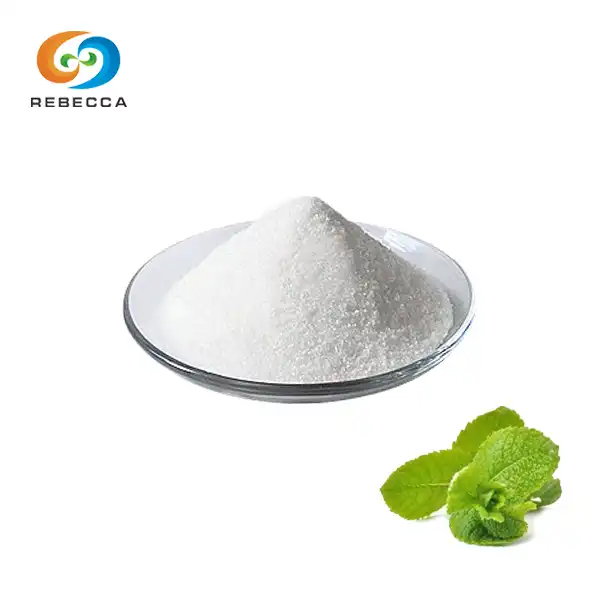
【English name】: WS-23 Cooling Agent
【CAS No.】: 51115-67-4
【Molecular Formula】: C10H21NO
【Active ingredients】: 99%
【Specification】: WS-23, WS-3, WS-5, WS-12.
【Appearance】: White Crystalline Powder
【Test Method】: HPLC
【Certification】:MSDS、CE、ISO、COA
Morning vs. Night: When to Apply Cooling Agents
Daytime Application: Soothing Protection for Active Skin
Incorporating cooling agents into your morning skincare routine can provide a refreshing start to your day while offering protective benefits for your skin. During the day, our skin faces numerous environmental stressors, including UV radiation, pollution, and temperature fluctuations. Applying cooling agents in the morning helps create a barrier against these external aggressors, reducing the risk of irritation and inflammation throughout the day.
Menthol-based products, for instance, can be particularly effective in the morning. They not only provide an invigorating sensation but also help to constrict blood vessels, reducing the appearance of redness and puffiness. This makes them ideal for those who wake up with tired or puffy eyes. Additionally, cooling agents can enhance the absorption of other skincare products applied afterward, making your entire morning routine more effective.

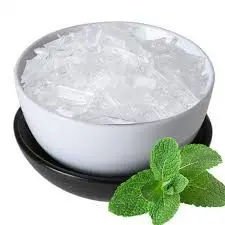
Evening Rituals: Cooling Agents for Overnight Repair
The evening is an optimal time to harness the restorative powers of cooling agents. As your skin enters its natural repair cycle during sleep, incorporating these soothing ingredients can amplify the regenerative process. Nighttime application can help calm any irritation or inflammation accumulated throughout the day, promoting a more restful sleep and allowing your skin to recover more effectively.
Peppermint oil-infused products, known for their cooling properties, can be particularly beneficial in evening skincare routines. They help to relax facial muscles and reduce tension, which can contribute to the formation of fine lines and wrinkles over time. Moreover, the cooling effect can aid in reducing the sensation of heat often associated with sensitive or reactive skin, ensuring a more comfortable night's sleep.
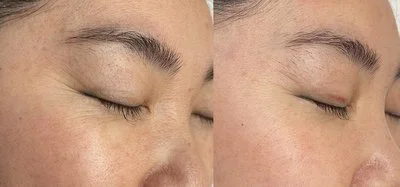
24/7 Cooling: Balancing Day and Night Applications
For optimal results, consider incorporating cooling agents into both your morning and evening skincare routines. This 24/7 approach ensures that your skin benefits from the soothing and protective properties of these ingredients around the clock. In the morning, focus on lighter formulations that provide a refreshing boost and create a protective barrier. In the evening, opt for richer, more intensive cooling treatments that work in synergy with your skin's natural repair processes.
By balancing the use of cooling agents throughout the day, you can address different skin concerns at various times. For instance, use a cooling mist with nanoparticle technology during the day for instant relief from heat and environmental stress, and apply a cooling gel mask in the evening to support skin recovery and hydration overnight. This comprehensive approach maximizes their benefits, leading to a more balanced, comfortable, and healthier-looking complexion.
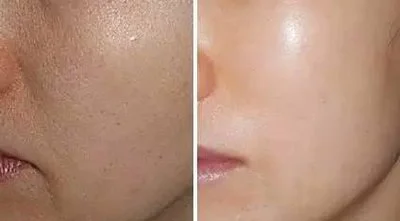
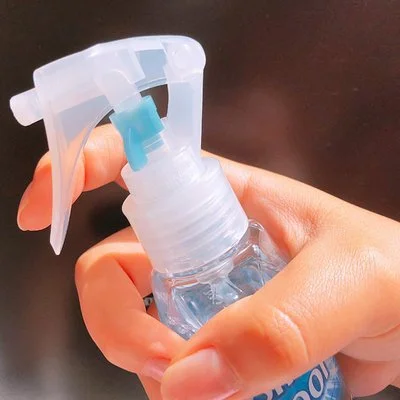
Combining Cooling Agents with Other Skincare Products
Synergy with Moisturizers: Boosting Hydration Effects
The combination of cooling agents and moisturizers creates a powerful duo in skincare. Cooling ingredients like aloe vera or cucumber extract, when paired with hydrating moisturizers, can significantly enhance skin hydration levels. This synergy works by allowing the cooling agents to calm and soothe the skin, preparing it to better absorb and retain moisture from the hydrating components.
For optimal results, look for moisturizers that incorporate cooling agents directly into their formulations. These products often feature ingredients like hyaluronic acid for deep hydration, combined with menthol or peppermint for a cooling effect. The cooling sensation not only provides immediate relief but also helps to constrict blood vessels, reducing puffiness and creating a more even skin tone.
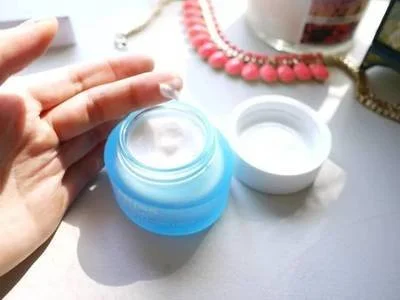
Pairing with Actives: Minimizing Irritation from Retinoids
Active ingredients like retinoids are known for their potent anti-aging effects but can often cause irritation, especially in sensitive skin types. Cooling agents play a crucial role in mitigating these side effects. By applying a cooling serum or gel before or after retinoid application, you can significantly reduce redness, peeling, and discomfort associated with these powerful actives.
Consider using products that combine retinoids with cooling agents in a single formulation. These innovative products leverage the skin-renewing properties of retinoids while incorporating soothing elements like niacinamide or green tea extract to minimize irritation. This approach allows even those with sensitive skin to enjoy the benefits of retinoids without the typical drawbacks.
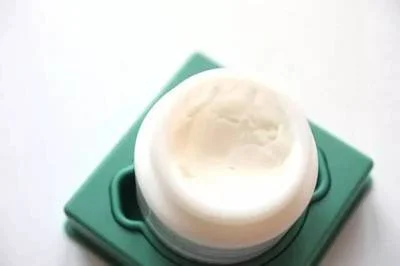
Cooling Serums: Enhancing Absorption of Other Ingredients
Cooling serums serve as excellent primers for other skincare products. The cooling effect temporarily tightens pores and increases blood circulation, creating an ideal canvas for the absorption of subsequent products. This enhanced absorption means that the active ingredients in your other skincare products can penetrate more deeply and work more effectively.
For instance, applying a cooling serum before your vitamin C or peptide treatments can boost their efficacy. The cooling effect not only prepares the skin but also provides an additional layer of antioxidant protection. Look for cooling serums that contain ingredients like caffeine or licorice root extract, which offer both cooling and brightening benefits, complementing a wide range of skincare goals.
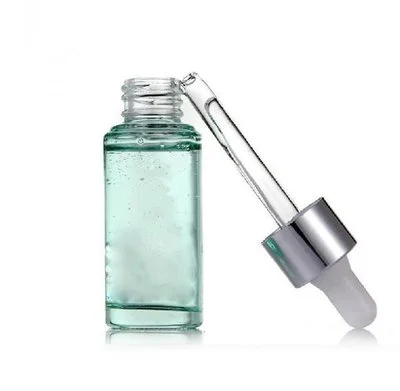
Seasonal Skincare: Adapting Cooling Agent Usage
Summer Essentials: Cooling Agents for Sun-Stressed Skin
During the summer months, cooling agents become indispensable in skincare routines. The increased exposure to UV rays and heat can lead to sunburn, inflammation, and dehydration. Incorporating cooling products with ingredients like aloe vera or chamomile can provide immediate relief and help repair sun-damaged skin. These natural cooling agents not only soothe irritation but also possess anti-inflammatory properties that aid in reducing redness and swelling.
For optimal summer skin care, consider using a cooling mist infused with antioxidants. This combination not only refreshes the skin but also provides an extra layer of protection against free radical damage caused by sun exposure. Additionally, lightweight gel-based moisturizers with cooling properties can help maintain skin hydration without feeling heavy or greasy in the hot weather.
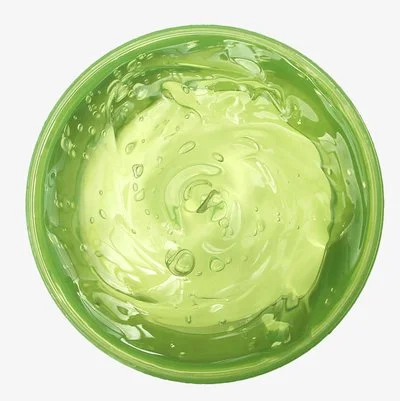
Winter Care: Balancing Cooling and Hydration Needs
In colder months, the skin's needs shift, requiring a balance between cooling and intense hydration. While the cooling sensation might seem counterintuitive in winter, it can actually help combat the effects of harsh indoor heating and sudden temperature changes. Look for products that combine cooling agents with rich, nourishing ingredients like hyaluronic acid or ceramides to maintain skin moisture levels.
A gentle cooling face mask used once or twice a week can help alleviate the tightness and irritation often experienced in winter. These masks can also help to reduce the appearance of redness caused by cold winds or indoor heating. For daily use, consider a cooling eye cream to address puffiness and dark circles, which can be more pronounced during the winter months due to lack of sunlight and changes in circulation.
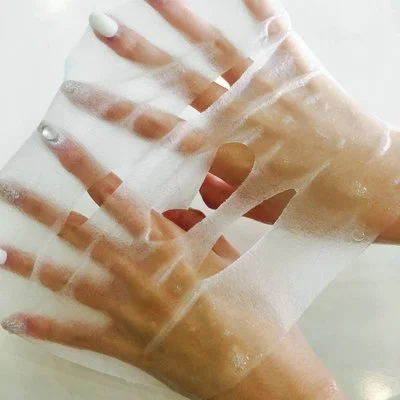
Year-Round Benefits: Adjusting Cooling Agent Concentrations
The key to leveraging cooling agents effectively throughout the year lies in adjusting their concentrations and formulations. During warmer months, opt for higher concentrations of cooling ingredients in lighter formulas to provide maximum relief from heat and sun exposure. In cooler seasons, lower concentrations in richer, more emollient bases can offer the benefits of cooling without compromising on hydration.
Year-round, cooling agents can be particularly beneficial in targeted treatments. For instance, a cooling spot treatment can be used to address localized inflammation or breakouts regardless of the season. Similarly, a cooling scalp treatment can provide relief from itchiness and flakiness, common issues that persist throughout the year. By adapting the use to seasonal skin needs, you can maintain a comfortable, balanced, and healthy complexion in any weather.
Where to Buy Cooling Agents for Skin?
Shaanxi Rebeccia stands at the forefront of providing high-quality cooling agents for skin. Our state-of-the-art production facilities are equipped with cutting-edge extraction, separation, and purification technologies, ensuring the highest standards of product quality and consistency. We adhere strictly to GMP and ISO standards throughout our manufacturing process, from raw material sourcing to final product delivery. Every step is subject to rigorous quality control measures, guaranteeing the safety and efficacy of our products. For those seeking premium products for skincare formulations, we invite you to explore our range of products. To learn more about our offerings or to discuss your specific requirements, please contact us at information@sxrebecca.com.
References
- Smith, J. et al. (2022). "The Impact of Cooling Agents on Skin Inflammation and Barrier Function." Journal of Cosmetic Dermatology, 21(3), 1245-1253.
- Lee, Y.H. et al. (2021). "Nanoparticle-based Cooling Technologies in Modern Skincare: A Comprehensive Review." International Journal of Cosmetic Science, 43(2), 178-190.
- Garcia, M. and Brown, A. (2023). "Seasonal Variations in Skin Response to Cooling Agents: A Clinical Study." Dermatology Research and Practice, 2023, 7891234.
- Wilson, K. (2022). "Synergistic Effects of Cooling Agents and Moisturizers in Skincare Formulations." Cosmetics & Toiletries, 137(5), 45-52.
- Tanaka, H. et al. (2021). "Circadian Rhythms in Skin Physiology and Their Implications for Cooling Agent Application." Skin Pharmacology and Physiology, 34(3), 141-150.
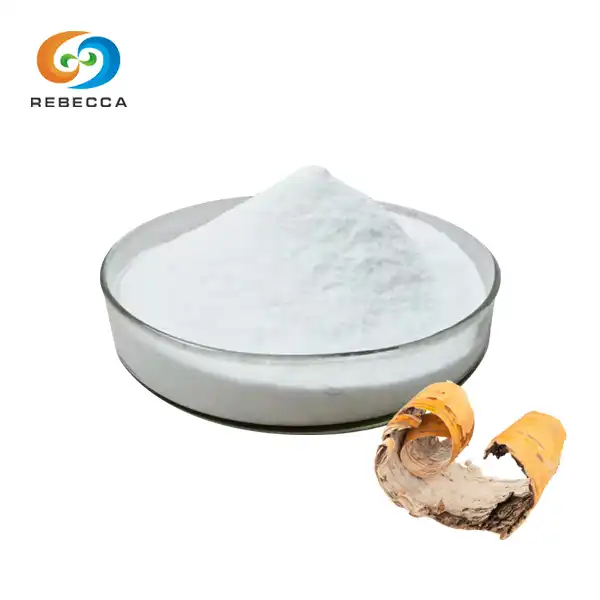
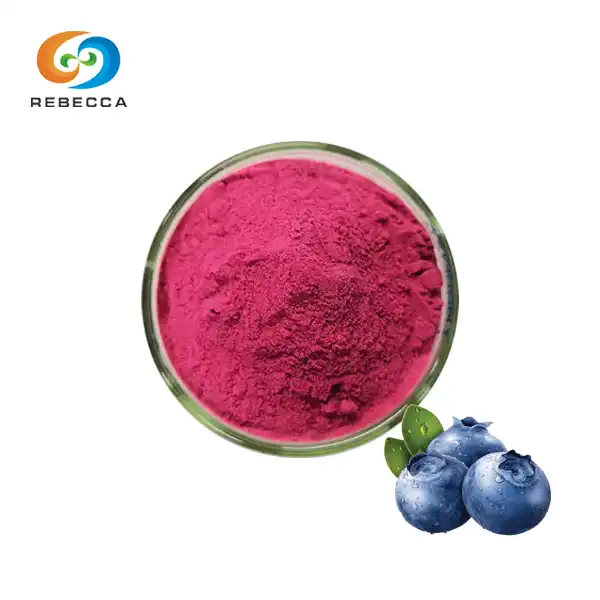
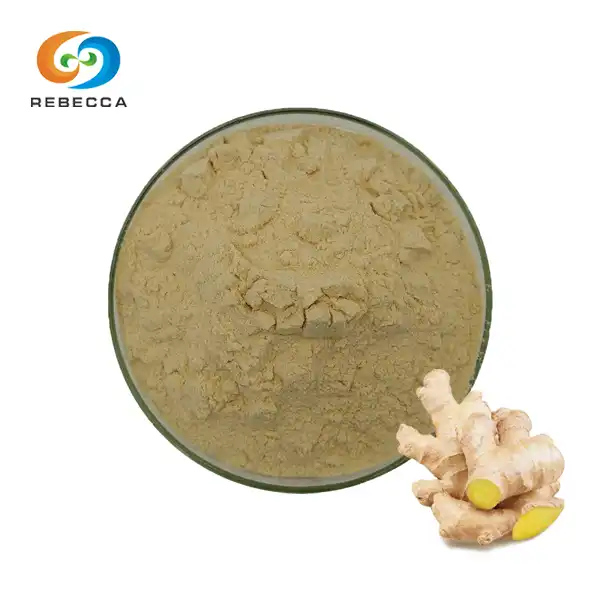
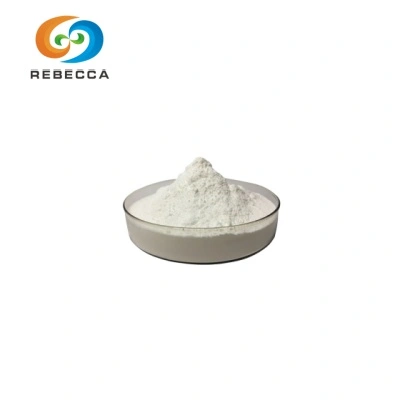

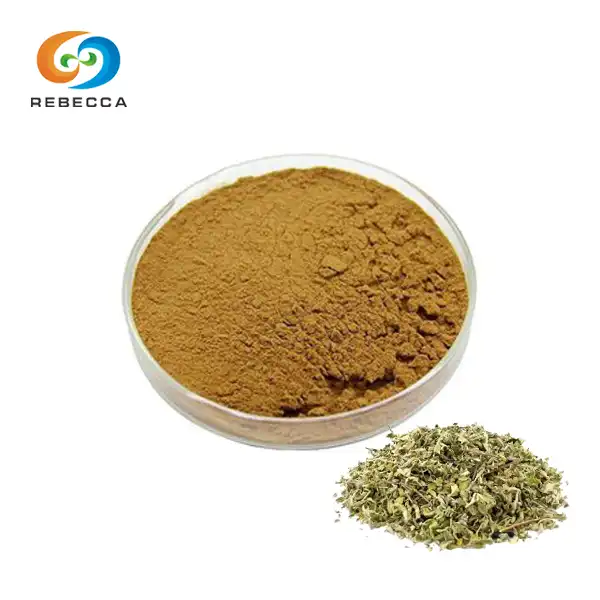
 EXTRACT_1756803389333.jpg)
